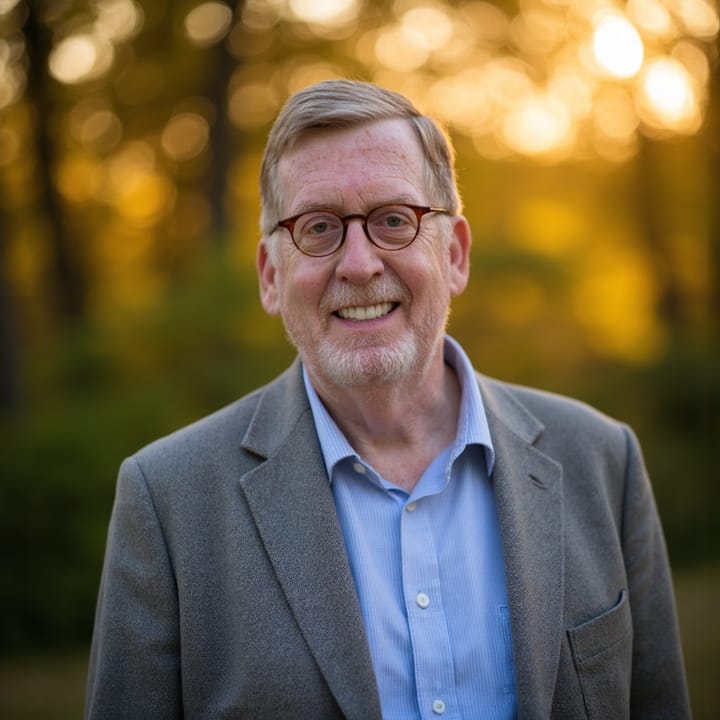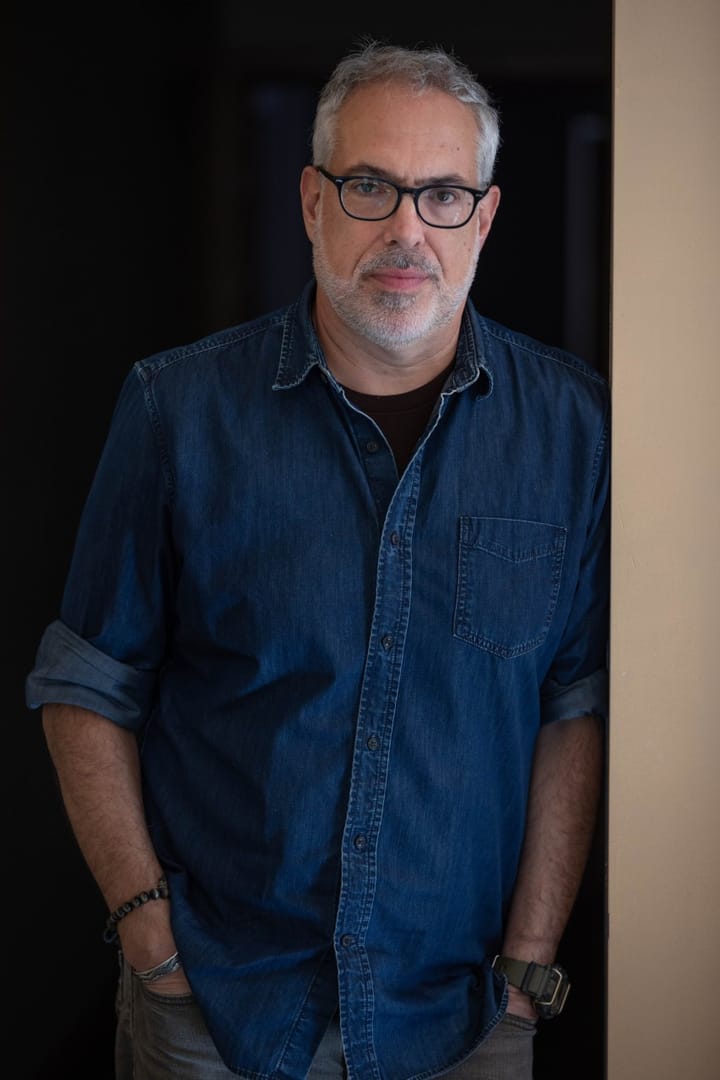Anti-Ableist Amherst: Neurodivergent in Palestine
Managing Opinion Editor Emeritus Willow Delp ’26 reflects on how advocating for a free Palestine is intrinsically tied to disability justice and neurodivergent perspectives.
As my senior year begins, I’m reflecting on what I’ve done over the course of my time at Amherst and thinking about what I will do next. In my first semester at Amherst, I investigated and documented the ableism that disabled students have faced on campus, and later worked with the Disabled and Neurodivergent Alliance (DNA) to hold events and raise awareness of resources and accommodations available to students. This column, which I started in the first semester of my sophomore year, is connected to that larger aspirational project. My goal has been — and continues to be — to advocate for a more inclusive and respectful campus for disabled and neurodivergent students at Amherst. But I know I cannot let my social justice stop on this campus, especially as I bear witness to the suffering in Palestine.
Since Israel’s merciless invasion of Gaza that followed October 7, 2023, I have seen countless activists and organizers proclaim the fact that disability justice is inseparable from Palestine liberation — something I could not agree with more. I view the struggle for a free Palestine as intrinsic to my work for disability justice, given that Israel’s genocide deprives, wounds, and kills countless disabled Palestinians; has created the largest population of child amputees in modern history; and, as scholar Jasbir K. Puar argues, effectively renders all Palestinians structurally disabled through restrictions on movements and denial of healthcare and basic necessities.
However, neurodivergence in particular is not as often included in this frame of analysis, which tends to emphasize mostly the physical site of disability in its understandings of the lethal nature of Israeli oppression.
From discussions I’ve had with peers and years of advocacy work, I know that many Amherst students personally identify as neurodivergent. Beyond personal identification, many Amherst students align themselves ideologically with the neurodiversity perspective. This perspective asserts that cognitive disabilities such as autism or ADHD are natural differences in the human brain that should be accepted, viewed as a part of human diversity instead of something shameful to be stigmatized and stamped out. Nevertheless, the adoption of this idyllic approach has not always translated into solidarity with Gaza. As neurodivergent students, regardless of our physical distance from the Levant, we should never separate ourselves and our fates from those in occupied Palestine.
Long before October 7, 2023, neurodivergent Palestinians in Gaza suffered from both a dearth of available, affordable resources as well as structural barriers imposed by Israel for those trying to obtain treatment outside the strip. Neurodivergent Palestinians in the West Bank have experienced similar challenges. Besides the slow, quotidian violence of occupation, spurts of Israeli military and police killings have demonstrated the ways in which neurodivergent Palestinians are profoundly and uniquely marginalized: In May 2020, Israeli police killed Eyad al-Hallaq, an autistic, unarmed Palestinian man in the West Bank who was walking to a special-needs school. Three years later, al-Hallaq’s killer was acquitted.
The situation since the genocide began has, of course, radically deteriorated. In July 2024, Muhammad Bhar, an autistic Palestinian man with Down syndrome, was viciously attacked by an IDF dog and left by Israeli soldiers to die. Neurodivergent Palestinians, like neurotypical Palestinians, have been starved and bombed by Israel — but face additional challenges due to their neurotypes, such as greater sensitivity to sound, more significant difficulty with routine changes demanded by constant displacement, and side effects of withdrawal from necessary medication made unavailable due to Israeli attacks on medical infrastructure.
I am not ashamed of the differences that, while marginalizing me, allow me to see the world from a unique perspective. Given the accommodations necessary for my survival and success (as the college has granted me), I have been able to succeed. I am not exceptionally deserving of these resources as an American. The only thing that separates me in western Massachusetts from an also neurodivergent Palestinian in Gaza is chance.
As Areej Alkhateab, a Gazan mother of four autistic children, states, her children “deserve to live full, peaceful lives, like any other child in the world.” I aim to advocate for all neurodivergent people, especially those most marginalized by societal and state violence. I call for a free Palestine.





Comments ()